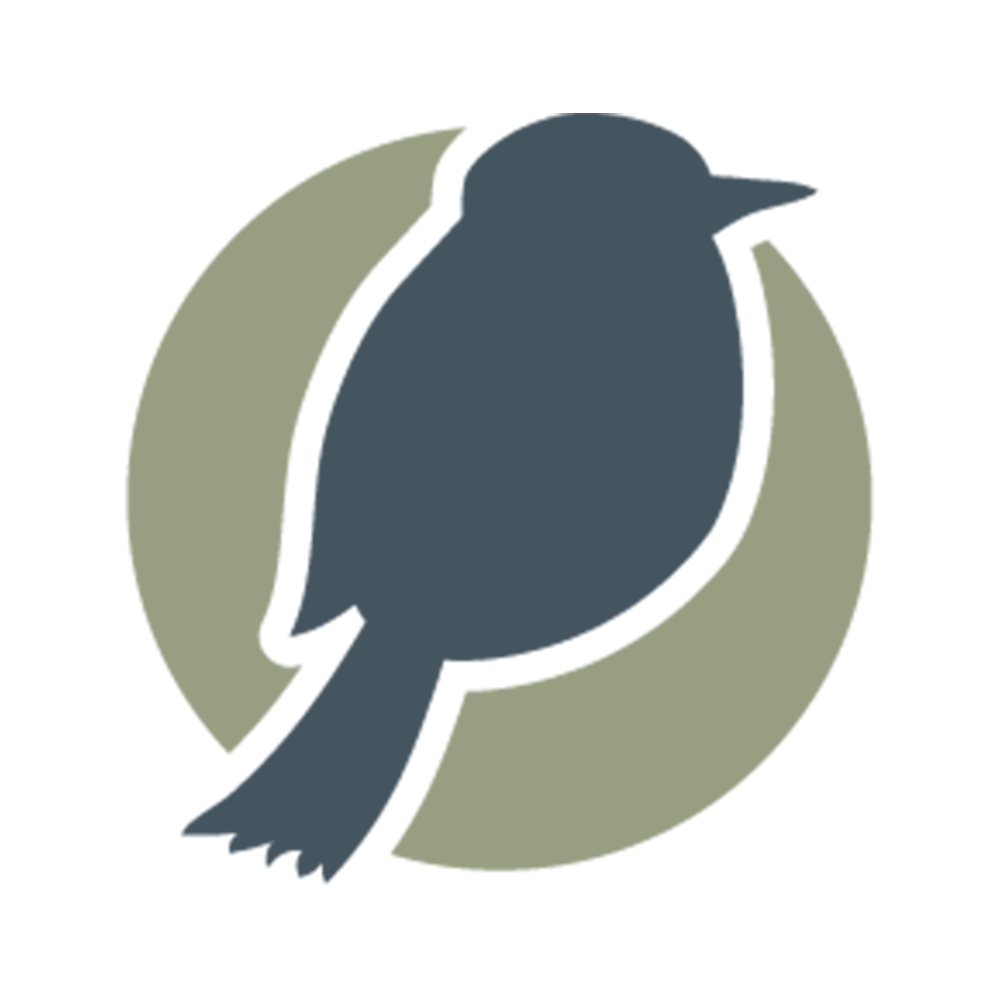Made to Connect
Imagine that you were allowed to spend the entire day doing whatever you wanted, with no one around to adjust your agenda, ask you a question, or move your stuff? Sounds great, right?! Especially if you tend toward introversion. Play that scenario out for a week, a month, a year, two years. Still think it sounds great?
In this crazy busy world peace and quiet, silence and solitude, sound dreamy. But what if we had to do it all alone - this whole life, all the time? Think Tom Hanks in Cast Away with only a volleyball named Wilson as company. Sounds much less dreamy. That’s because we were made to connect with people.
We like to think we are independent. Most of us are reasonably self sufficient. We take action. We get things done. We don’t need people for many of the activities we tackle on a daily basis. I recently heard someone say that we value independence so much that we often sound like a two year old saying “I do it.” So true.
In reality, we are dependent people. We thrive best when we are in community and work together to meet the needs of others, as well as our own needs. Think of the family structure, schools, cities, nations - communal needs met by communities of people. Whether we acknowledge it or not, it is true.
This is true of our physical needs, the most basic needs like food, shelter, and safety. It is also true of our emotional, mental, and spiritual needs. When we connect with another person, even in the most casual way, many of those non-physical needs are met. When we enter into deep conversation, intimacy, vulnerability with another, relationships and deeper connection happen. We are wired for that type of connection.
In this pandemic time of COVID-19 there is evidence that physical distancing is resulting in touch starvation. Hugs, hand holding, linking arms are all absent in an effort to prevent the spread of the virus. According to Asim Shah, M.D. professor and executive vice chair of the Menninger Department of Psychiatry at Baylor College of Medicine, “Human beings are wired to touch and be touched. When a child is born, that is how they bond with their mother - through touch. Our wiring system has touch everywhere, so it’s difficult for us not to think about physical contact.” [source: Texas Medical Center tmc.edu]
That makes sense. We can grasp our need for physical touch and recognize we miss it when it is gone. But do we fully understand that when it is lacking, our physical body and mental health suffers. Lack of touch leads to anxiety and depression which have been shown to increase risk of all medical diseases. We are biologically hardwired to connect with other people physically, emotionally, mentally, and spiritually.
Do you agree that connection with others is important? Do you see it as important enough to grow and pursue connections? What will you do next with that knowledge?



